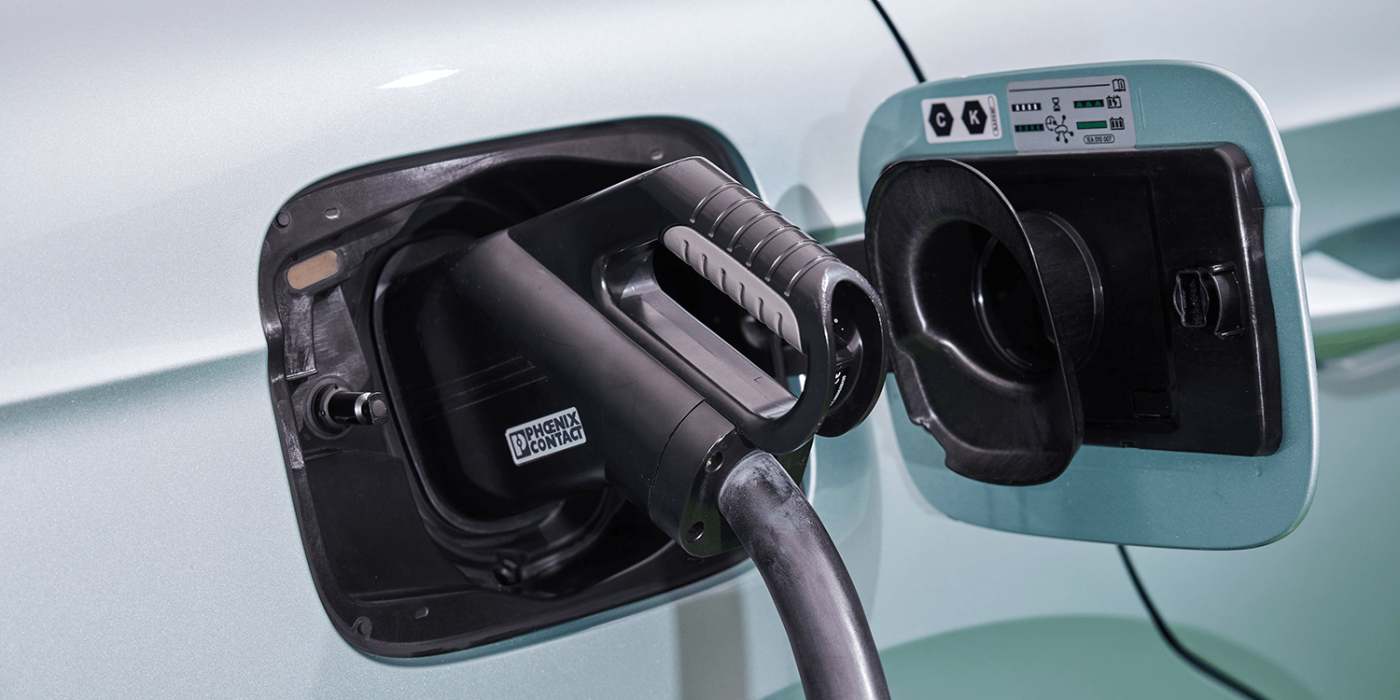Skoda to install 200 ultra-rapid charge points in Prague
Skoda Auto and Czech energy company Prazska Energetika have agreed to install 100 ultra-rapid charging stations in Prague throughout 2025. A working group including members from both parties is charged with identifying the best locations across the capital of the Czech Republic.
In this way, 200 charge points, each with a capacity of at least 150 kW, will be created in Prague over the next three and a half years, according to Skoda. While each charging station will thus feature two plug-in spaces, whether the HPC columns will form charge hubs or stand-alone remains to be seen.
Both Skoda’s existing ‘Powerpass’ service and PRE’s ‘Chargee’ platform will allow access to the new network. “We want to identify white spaces on the map where the charging infrastructure is now missing. The aim is for Prague to be covered in a meaningful and user-friendly way,” says Jan Chabr, property councillor. “That is why we have agreed that the new charging stations will be connected to a unified information and communication system, so that a user with one card, such as the Flyer, can recharge anywhere with any charger.” The city official added, that Prague, in general, relies on “three types of charging infrastructure – a slow charging infrastructure, which we build primarily on public lighting lamps, and a fast and, last but not least, high-speed charging infrastructure, which we are interested in solving in cooperation with Prague Energy and Skoda Auto.”
The city of Prague adopted a plan in February to build over 750 charging stations for electric cars within the next four years. The Prague Climate Plan envisages a minimum of 10,000 public charging stations in the city by 2030.
In any case, the HPC project will significantly expand the public charging infrastructure in Prague and throughout the Czech Republic. Currently, only about 2,000 charging points are in operation across the country. More than 15,000 electric cars and plug-in hybrids are permitted, but these are mainly concentrated in the region around Prague.
“Electromobility, especially in the capital city of Prague and in urban agglomerations in general, contributes to a better environment,” says Pavel Elis, Chairman of the Board of Directors and CEO of PRE. “The company has been investing in the construction of charging infrastructure for 10 years,” he adds, resulting in almost 400 charging stations not only in Prague but throughout the Czech Republic. “We will certainly continue to build charging stations in the future, as the importance of electromobility will continue to grow.”
Skoda, on the other hand, says its focus in the joint project will be on providing a map of public charging stations in the Czech Republic, identifying suitable locations for HPC stations, and coordinating the approach of site owners as well as marketing coordination.
Estimates in local media expect there could be as many as half a million electric cars in the country by 2030. For Prague alone, the City administration expects over 200,000 electric vehicles to be on the road by that time.
At present, Skoda, as a VW subsidiary, is building the Enyaq electric SUV at its headquarters in Mladá Boleslav. The carmaker claims it placed a total of 832 battery-electric cars on the Czech market out of a total of 2,393 in 2021. Skoda also offers the hybrid Superb iV (640 registrations) and Octavia iV (407 registrations), which gained a 31% market share in the PHEV category. In addition, the Hyundai Kona electric for the European market has also been built in the Czech Republic since March 2020 at the Hyundai plant in Nošovice.





0 Comments